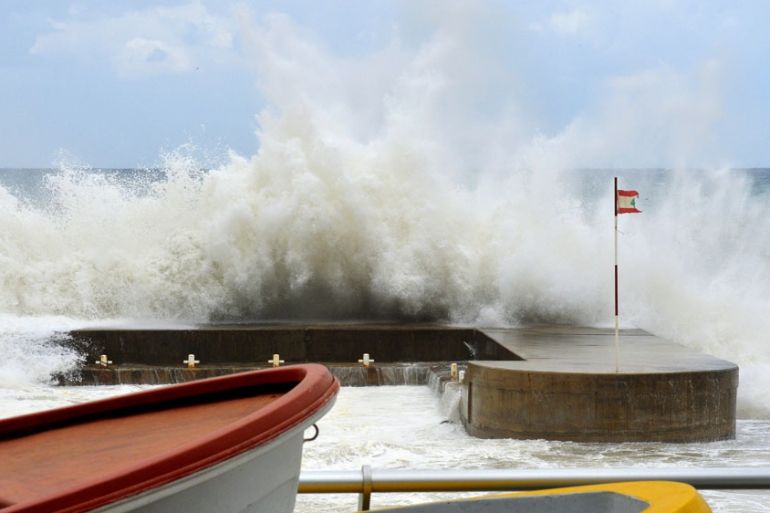Winter digs in for Europe and the Middle East
Massive cold plunge spreads rain and snow from Scandinavia to the eastern Mediterranean.

This week has seen the first proper cold plunge of air reaching southeastern Europe. There has been no shortage of snow across central and eastern parts, with temperatures down into single figures in many areas.
The wintry weather has come about as a result of a large area of high pressure which has settled across northwest Europe.
Keep reading
list of 4 itemsWorld’s coral reefs face global bleaching crisis
Why is Germany maintaining economic ties with China?
Australia’s Great Barrier Reef suffers worst bleaching on record
The location of this anticyclone has led to a general northwesterly flow in the weather, and that flow extends all the way back across Scandinavia, through the Baltic states to the Black Sea and beyond.
The wintry weather left two people dead in Poland and nearly 200,000 people affected by power cuts. The snow extended across Ukraine, Romania, and Bulgaria and into the Turkish mountains.
Temperatures in northern Turkey have struggled to reach 4 or 5 degrees Celsius over the past few days and even Athens barely touched 9C on Thursday afternoon. The average is nearer 16C.
Rain in the Middle East
The chilly blast actually penetrated across the Levant into northern parts of the Middle East. Syria, Lebanon, Jordan and Israel have all taken a soaking this week.
Over the higher ground that soaking has turned to snow. Hermon Mountain in northern Israel had its first snow of the season as the downpours set in.
At one stage on Friday, Tel Aviv was getting around 50 to 100mm of rain in a 12-hour period. This came on the back of a particularly dry November, one in which the tinder dry ground has been prone to wildfires.
The rain has at least helped in that regard, with 91mm of rain in 24 hours in Tel Aviv.
The rain was not confined to the Levant. Iraq and even Iran have also been hit by heavy rain and floods, and in Kuwait, weather forecaster Abdulaziz Alqarawi reported that 22mm of rain fell in just 20 minutes in Kuwait City, leading to the inevitable floods.